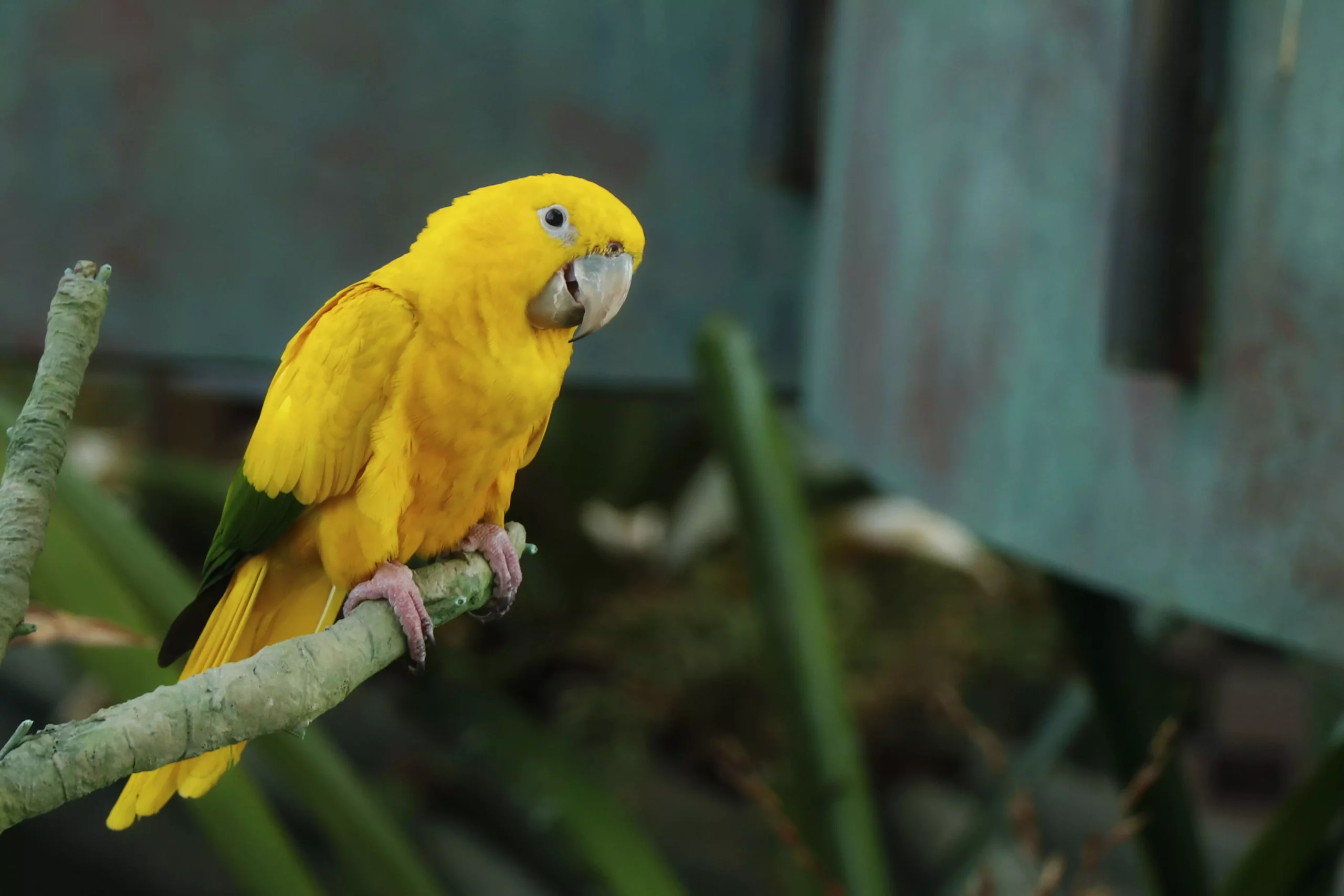When it comes to pet birds, few species capture the hearts of avian enthusiasts quite like parrots and parakeets. From vibrant plumage to engaging personalities, these feathered companions bring joy and vitality into homes across the globe. Among the vast array of pet birds, budgies and other popular parrot species, particularly those with notable mutations, stand out. This article delves into the fascinating characteristics of various parakeet and parrot species, highlighting their unique traits and care requirements.
The budgerigar, commonly referred to as the budgie or parakeet, is a small yet beloved pet bird. While wild budgies typically display a lively green plumage, the phenomenon of selective breeding has introduced various vibrant color mutations into the pet trade, including the stunning lutino (yellow) variety. The appeal of the lutino budgie lies in its bright yellow feathers, which can be so striking that they’ve occasionally been misidentified as canaries. In addition to their eye-popping color, many lutino budgies feature reddish eyes, further enhancing their exotic appearance.
Budgies may be small, averaging only 6 to 8 inches in length and weighing about 1 ounce, but what they lack in size, they more than make up for in character. Known for their friendly and inquisitive demeanor, budgies are among the most popular pet birds worldwide, making them an excellent choice for both avian novices and experienced bird enthusiasts. Their ability to learn tricks and mimic sounds adds to their allure, and their compact size means they can thrive in relatively small living spaces.
Cockatiels, another favorite among bird lovers, boast a distinctive charm that has enraptured many. The lutino mutation in cockatiels showcases a spectrum of beautiful yellow hues, ranging from gentle pastel shades to striking egg-yolk tones. These delightful birds typically have a gray body complemented by bright yellow faces and crests, with characteristic orange cheek patches.
Growing to about 12 to 13 inches in length and weighing around 3 ounces, cockatiels are known for their immense cuddly nature and affectionate behavior. They are also quite vocal, often whistling various tunes, mimicking sounds, and engaging in playful banter with their human companions. Their cheerful dispositions make them well-loved pets, although potential owners should prepare to invest time and effort in interacting with these delightful birds.
The sulphur-crested cockatoo, whether in its greater or lesser variety, mesmerizes with its bold yellow crest and endearing nature. Recognizable for their primarily white feathers and lively personalities, these large parrots can weigh between 12 to 31 ounces and measure 15 to 20 inches in length. Known for their affectionate behavior, cockatoos thrive on companionship and social interaction.
However, prospective owners of sulphur-crested cockatoos should be aware of the significant care these birds require. They have specialized dietary needs, necessitate ample living space, and demand consistent mental stimulation. With lifespans that can stretch beyond 70 years, adopting a sulphur-crested cockatoo is not a decision to be taken lightly—it is a long-term commitment.
Smaller yet equally engaging, the Pacific parrotlet (including the impressive lutino variety) is often called “pocket parrots” due to their tiny stature. Measuring a mere 4 to 5 inches and weighing around 1 ounce, these birds pack immense personality into their small frames. Despite their size, parrotlets require as much attention and care as larger parrots, showcasing intelligence and strong-willed nature. They thrive on regular handling and benefit from an active lifestyle that ensures mental and physical challenges.
Hailing from the larger parrot realm, the blue-and-gold macaw captures attention with its striking beauty, combining vibrant shades of green, teal, and bright yellow. This large parrot can measure anywhere from 30 to 36 inches and weigh between 28 to 46 ounces, forming a magnificent presence in any household. Blue-and-gold macaws are highly social birds that require significant interaction and ample play space. They are known for their intelligence, capable of mastering numerous tricks and vocalizations.
Similarly, the double yellow-headed Amazon parrot stands as one of the modern pet owners’ favorites. Sporting a dazzling yellow head over a green body, these parrots require social interaction and mental enrichment. Their talent for mimicking sounds, including operatic renditions, adds to their charm. Commitments to their care require awareness of their potential for destructive behavior if neglected.
Among the more rare and captivating parrot breeds is the golden conure, also referred to as the Queen of Bavaria conure. With striking golden feathers complemented by dark green tips on their flight feathers, these birds measure around 14 inches in length and weigh about 8 ounces. Golden conures are high-energy companions that need more space to thrive and are often best suited for dedicated owners who can engage them in substantial interaction.
Additionally, sun conures offer another vibrant choice for bird enthusiasts, known for their striking orange and yellow feathers accented with green and blue. While their beauty is undeniable, it’s essential for owners to be ready for a loud companion; sun conures have a distinctly shrill call.
The world of pet birds, from enchanting budgies to majestic macaws, showcases an incredible variety of colors, personalities, and care requirements. Prospective bird owners should consider the unique demands and traits of each species, ensuring that they can provide the necessary environment, companionship, and engagement tailored to their feathered friend’s needs. As they say, feathered friends can enrich our lives in ways we can’t yet imagine!

